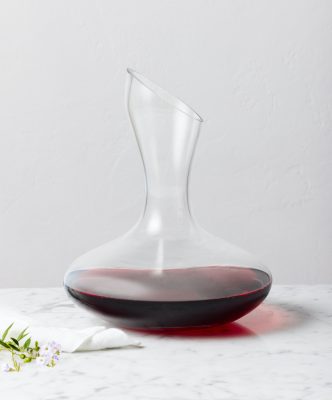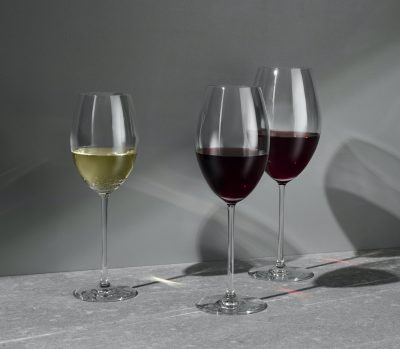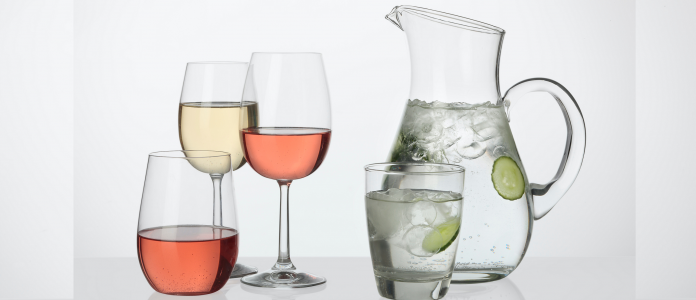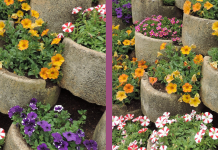Did you know that the way in which you care for your glasses impact the taste of your drinks? This is especially true for wine.
Read on for all the tips on cleaning and caring for your glassware from Betsie van der Westhuizen, general manager of Maxwell & Williams South Africa.

Tip 1: Correct washing
When it comes to glassware, handwashing is the best option. Remember to remove your jewellery when handwashing your best glassware, to ensure that you do not scratch these delicate items. Steel wool or abrasive cleaners could scratch your glasses so opt for a soft cloth or brush instead.
Like with all other crockery, glassware must be washed immediately after use. Do this separately in a sink with warm soapy water and rinse under clean, cold, running water. Avoid dumping your glassware into a basin with pots, pans and other dirty dishes as they can fracture or break. Washing glasses in the same water as items used to cook or serve eggs is a big no-no, otherwise you will end up with eggy odour on your glasses.
Struggling to clean your decanter? Then try magic balls or cellar decanter cleaning balls (available from specialty kitchen stores).
If your dishwasher is designed to accommodate stemware, then only use a high temperature setting and no detergent.

Tip 2: The Importance of Drying
After washing glasses in a dishwasher, take time to dry them by hand using a lint free cloth to avoid water spots. Microfibre cloths work magic. Glasses can also be dried upside down.

Tip 3: Take Care When Storing Glasses
Never stack your glasses unless they are specifically designed to be stacked. Be sure to store your glasses in a well ventilated area of even in a glass rack that allows them to hang. Another option for glassware storage is in crates or in the original (box) packaging.

Tip 4: Beware Extreme Temperature Changes
Glasses should never be exposed to an electric plate or open element or be placed in the oven or microwave oven. 42°Celcius is the maximum temperature that normal glass can bear with and tempered glass can withstand temperature changes of up to 130°Celcius.

Tip 5: Damage Control for Cloudy Glasses
Everyday glasses are dishwasher safe, but you might sometimes notice a build-up of white marks on glasses. This can be caused by hard water or because of the abrasiveness of the dishwasher detergents – especially when tablets and powder detergent is used.
To get your murky glasses clear again, try soaking them in white vinegar for a few hours. Then, wash with mild cleaning detergent and lukewarm water. You may need to repeat this step a few times to get rid of all residue.
Maxwell and Williams has a spectacular selection of glassware – pop over to their website to have a look: https://bit.ly/42Lo9yE






